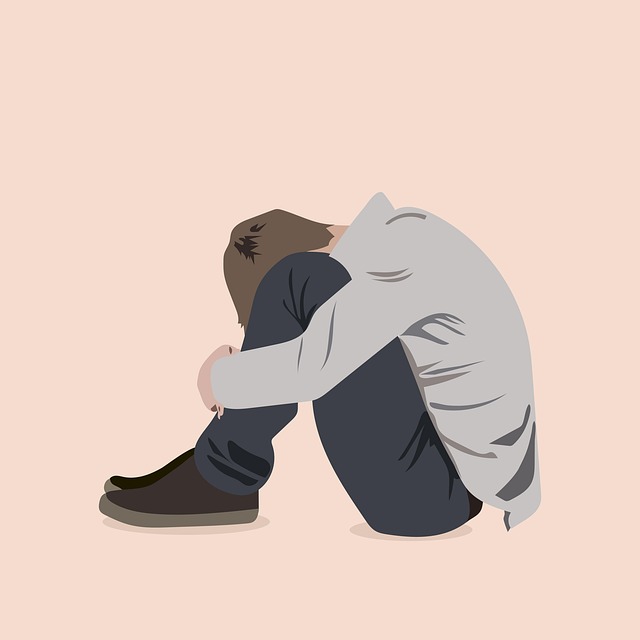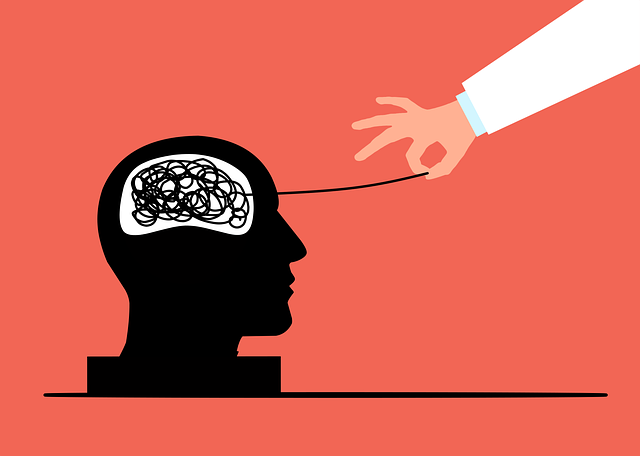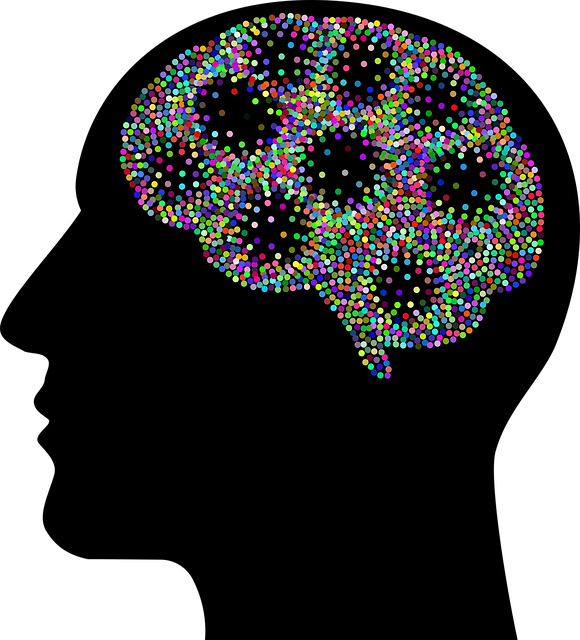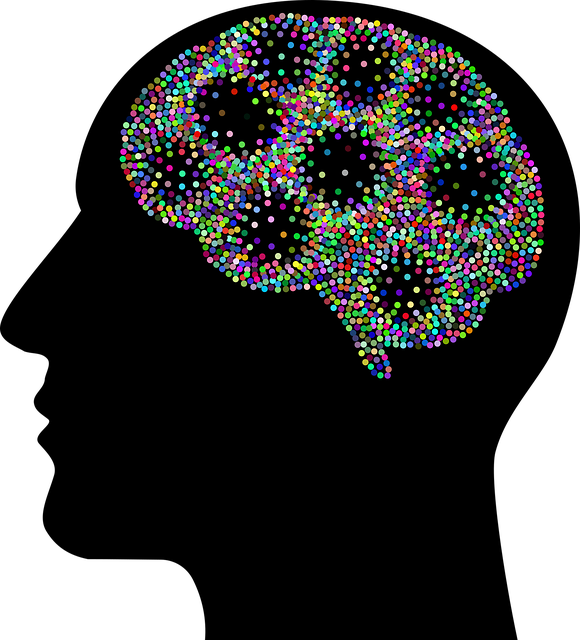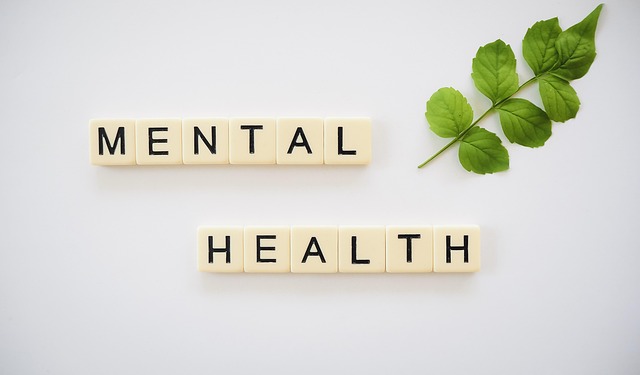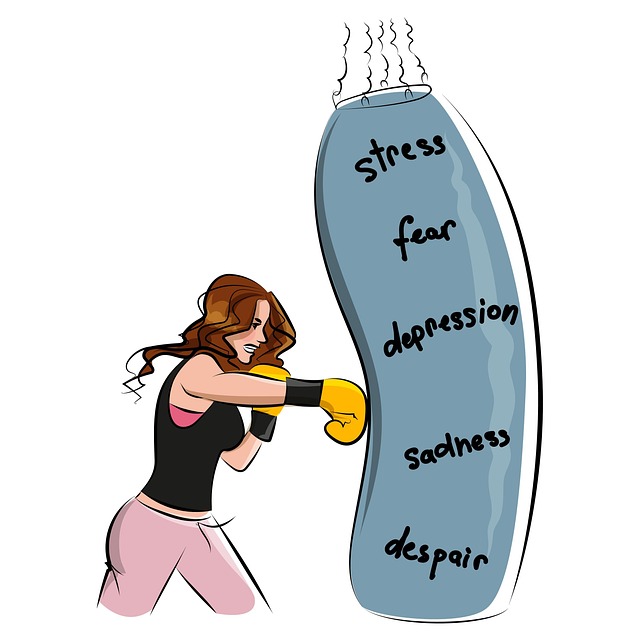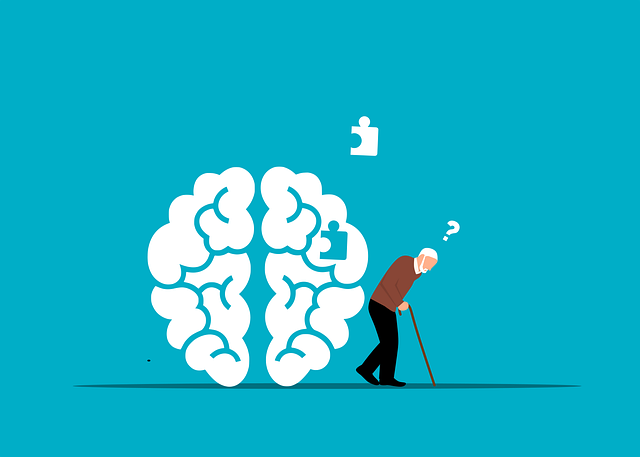Parker Therapy for Therapists-Clinicians emphasizes holistic self-care as a cornerstone of effective therapy. By integrating practices like mindfulness, emotional intelligence, and stress management, therapists enhance their well-being, focus, and compassion. This approach, backed by research, strengthens therapeutic alliances, prevents burnout, and promotes long-term mental wellness support for both therapists and clients. Personalized self-care plans, tailored to individual needs, are crucial for navigating trauma and fostering resilience, ultimately benefiting professional effectiveness and personal growth.
In today’s demanding healthcare landscape, self-care practices are essential for therapists and clinicians to maintain their well-being and efficacy. This article explores strategies for enhancing self-care routines, focusing on the Parker Therapy Approach—a holistic model designed specifically for professionals. We delve into understanding the foundational importance of self-care, integrating mindfulness techniques, creating personalized plans, and building resilience through effective practices. By adopting these strategies, therapists can elevate their own well-being while providing optimal care to their clients, especially leveraging the principles of Parker Therapy for therapists and clinicians.
- Understanding Self-Care: The Cornerstone of Well-being for Therapists
- The Parker Therapy Approach: A Holistic Model for Clinicians
- Integrating Mindfulness and Stress Management Techniques in Daily Routines
- Creating a Personalized Self-Care Plan: Strategies for Therapists
- Building Resilience: Overcoming Challenges with Effective Self-Care Practices
Understanding Self-Care: The Cornerstone of Well-being for Therapists

In the fast-paced world of Parker Therapy and clinician practice, self-care is not a luxury but an absolute necessity. Therapists often pour their hearts out to help others heal; however, neglecting their own well-being can lead to burnout and diminished clinical effectiveness. Understanding self-care as a cornerstone of their professional journey empowers therapists to cultivate resilience and maintain the energy required to support their clients’ journeys to recovery.
By prioritizing positive thinking and integrating self-care routines into their daily lives, therapists can enhance their mental health, improve focus, and boost compassion. Effective communication strategies also play a vital role in this process. Therapists who prioritize their own emotional needs can better empathize with clients, fostering deeper connections and more productive therapeutic alliances. This holistic approach not only benefits individual therapists but ultimately contributes to the success of their clients’ therapy journeys.
The Parker Therapy Approach: A Holistic Model for Clinicians

The Parker Therapy Approach offers a holistic model for therapists and clinicians, emphasizing the interconnectedness of mental, emotional, and physical well-being. This therapeutic framework encourages professionals to consider the broader context of their clients’ lives, addressing not just symptoms but the underlying factors contributing to distress. By integrating this approach, therapists can provide more comprehensive care that supports not just short-term relief but also long-term mental wellness.
Incorporating practices from the Mental Wellness Podcast Series Production and cultivating emotional intelligence are key components of the Parker Therapy for Therapists-Clinicians. This involves enhancing one’s own emotional awareness and regulatory skills, which in turn allows for more empathetic and effective interactions with clients. Additionally, robust Risk Management Planning for Mental Health Professionals is essential to ensure the safety and well-being of both practitioners and their clients within this holistic framework.
Integrating Mindfulness and Stress Management Techniques in Daily Routines

Integrating mindfulness and stress management techniques into daily routines is a powerful way to enhance self-care practices, as recommended by Parker Therapy for Therapists-Clinicians. Mindfulness, at its core, encourages individuals to focus on the present moment, cultivating awareness of thoughts and feelings without judgment. This simple yet profound practice can significantly reduce anxiety and promote a sense of calm throughout the day. By incorporating mindfulness meditation or simply taking moments to breathe deeply, one can develop better coping skills, which are essential for managing stress effectively.
Stress management techniques, such as progressive muscle relaxation or yoga, offer additional tools for maintaining mental health. Engaging in these activities regularly helps to regulate emotional responses and can even influence the body’s physical reactions to stressful situations. For instance, research suggests that regular practice of mindfulness-based interventions can lead to positive changes in mental health policy analysis and advocacy, reflecting improved overall well-being and reduced symptoms associated with stress and anxiety relief.
Creating a Personalized Self-Care Plan: Strategies for Therapists

Creating a Personalized Self-Care Plan is an essential aspect of maintaining well-being for therapists and clinicians, especially those at Parker Therapy. It’s crucial to recognize that supporting others’ mental health can be emotionally taxing, leading to potential burnout if self-care isn’t prioritized. Therapists are encouraged to develop their own strategies as a form of Crisis Intervention Guidance, ensuring they remain equipped to offer the best care to their clients.
A tailored self-care plan might include activities such as practicing mindfulness and positive thinking techniques to manage stress levels, setting clear boundaries between work and personal life, engaging in regular physical exercise, and scheduling dedicated time for hobbies or social interactions. For instance, a therapist suffering from anxiety may find solace in daily meditation and journaling exercises. By incorporating these practices into their routines, therapists can enhance their resilience, improve focus, and ultimately provide more effective therapy sessions, benefiting both their professional lives and personal well-being.
Building Resilience: Overcoming Challenges with Effective Self-Care Practices

Building resilience is a key aspect of personal growth and well-being, and it can be significantly enhanced through effective self-care practices. When individuals face challenges or traumatic experiences, establishing healthy coping mechanisms becomes imperative. Parker Therapy offers valuable resources for therapists and clinicians to support their clients in this journey. By integrating self-care into daily routines, people can develop the mental fortitude to overcome obstacles. This includes practicing mindfulness, engaging in physical activity, and fostering strong social connections, all of which are essential components of trauma support services.
The benefits extend beyond emotional resilience; improved self-care practices contribute to better mood management. Therapists can guide individuals through techniques tailored to their needs, whether it’s cognitive behavioral therapy or other evidence-based approaches. Incorporating these strategies into one’s life not only helps in navigating difficult situations but also promotes overall mental health and well-being. Effective self-care is a powerful tool that enables people to lead more fulfilling lives, even in the face of challenges.
Self-care is not a luxury but an essential practice for therapists and clinicians, as highlighted by the Parker Therapy Approach. By integrating mindfulness, stress management, and personalized strategies, professionals can enhance their well-being and ultimately provide better care. The key lies in creating a balanced self-care plan that fosters resilience, ensuring therapists are equipped to navigate challenges effectively. Embracing these practices, inspired by innovative approaches like Parker Therapy, enables a more sustainable and fulfilling career in mental health support.

